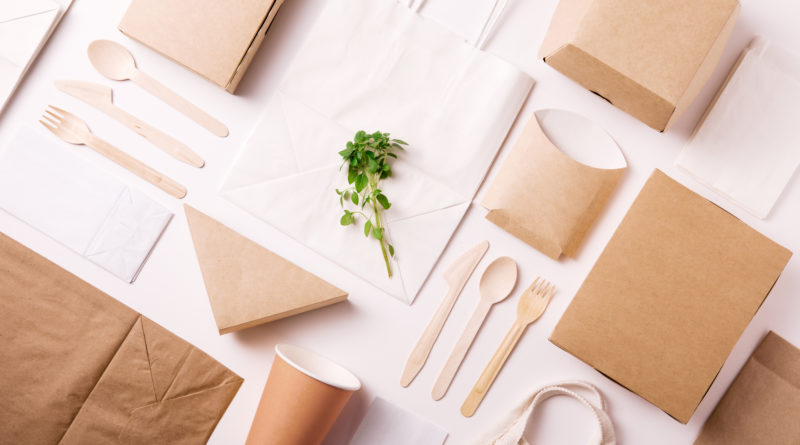Four Tips for Leading a Sustainable Lifestyle
522 total views, 2 views today
Sustainability is an ever-growing practice. It involves the innovative use of renewable resources to preserve the condition of our habitat and the planet. New sustainability concepts, practices, and alternatives to longtime products are envisioned and implemented every day. Here are a few concepts that will make your day-to-day life less impactful on our planet.
1. Conserve
One of the most pressing issues facing the planet, and therefore all people, isn’t only what’s being used but the rate of use. Anything you use, try to use less of it.
You can reduce carbon emissions by using less gas and electricity at home. Similarly, cut back on single-use plastics, which will more likely end up in the ocean or a landfill than at a recycling facility. Try finding more environmentally friendly alternatives to single-use plastic products like deodorants and water bottles. Similarly, you should opt into paperless bank statements and have receipts sent electronically to reduce your paper use.
Farming animals for meat is one of the most environmentally taxing human practices of today. Eating less meat can help reduce nitrogen pollution and grassland soil depletion through a reduction in consumer demand.
2. Renewables, recyclables, and reusables
Nonrenewable resource use has slowed significantly in the last few years, but more can be done. Look at your gas tank as a starting point. There are plenty of valid reasons for using and buying less gasoline, and now there may be more incentive than ever. With the gas prices on the rise, now may be the best time to trade in your gas guzzler for a hybrid-electric vehicle.
Next, move to your household items. A mentality shift to environmentally-minded conservatism happens every time a plastic takeout container is washed and reused as food storage or recycled rather than discarded. If a takeout container appears to have structural integrity, you can reuse it time and again while saving money on storage containers at the supermarket.
3. Plant your own
Produce is often treated with environmentally harmful pesticides when grown industrially. When you plant and grow your own fruits, vegetables, and nuts, you can be sure they’re never been chemically treated.
Growing your own food will also reduce the amount of fossil fuel burned during transportation to storefronts and the fuel you burn getting to the store and back home. Leftover food can be composted and used to nourish your seedlings. Seeds from your harvest can be your supply for the next growing season. Self-watering seed-pots can be made from repurposed plastics, while compostable seed-pots can be made from processed dryer lint.
4. Eco-friendly products
People are changing the way they buy increasingly more every day. People are replacing chemical cleaning agents with cleaners made from essential oils and other natural ingredients. Sustainable packaging made from recycled paper and plant-based plastic made from sugarcane or other plants is very popular with new environmentally conscious small businesses.
Do you have any interesting tips for protecting the environment through imaginative reuse? Sound off in the comments!

